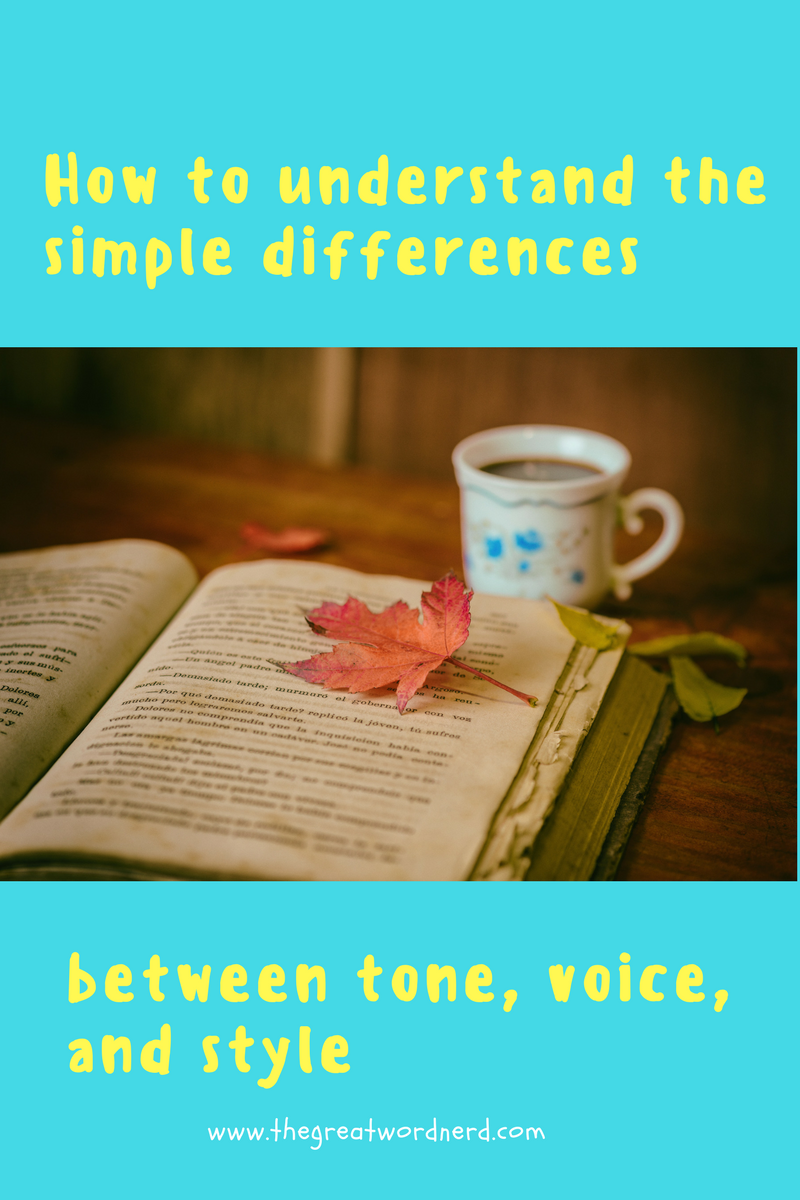Surprise, surprise! I know, it’s been a minute since I’ve made my way into your inbox. What can I say? I’ve been buried up to my eyeballs in a mountain of writing projects for the past…oh, too long! I’ve taken a brief hiatus from freelance writing to turn my attention to blogging, meaning YOU (at least until I get slammed with the next onslaught of work!).
In my time being AWOL, several of you have reached out to me (BTW, hearing from you rocks my world!) about more posts on how to write better. Being an avid reader (domestic thrillers, anyone?) as well as a passionate writer for several years, there is one trick in particular I think you’ll find useful. And it has to do with using concrete vs. abstract words.
Ugh, sounds so complicated, I know. But we’ll sum it up simply, promise.
In fact, “concrete” and “abstract” are likely words that may niggle at your memory from your days in grade school. Rewind back to fifth-grade English class, and you might have vague flashbacks of your teacher fervently scribbling these terms on the blackboard. Fortunately, concrete writing is simple to define and equally as easy to implement in your writing. And it can make a world of difference in how incredible your writing becomes, which makes it worth understanding.
So what does concrete really mean? Let’s start from the top!
Defining “concrete”
Something that’s concrete is simply something you can detect using your senses. Basically, you can taste, see, smell, feel or see it.
You can see a cat. You can taste ice cream. You can feel fur. You can hear birds chirping. You can smell cologne.
Of course, the opposite of concrete is abstract.
Let’s talk about the difference real quick. Happiness is abstract, because it’s not something you can see, taste or feel. But, a smile—which often symbolizes happiness—is something you can see or observe, making it concrete.
Let’s look at another example. To say you persuaded someone is abstract. But to say you got someone to sign on the dotted line—a physical action that can be seen—makes it concrete.
Both of the above are examples of actions you can observe. But let’s think about concrete vs. abstract using a different sense.
Maybe you walk into a restaurant and smell something “bad.” Your reader may get a general sense of what that could mean. But when you’re more specific, stating something like “…the smell of rotting fish hit my nostrils,” that’s much more specific, almost enough to cause your reader to reel back in disgust as they imagine that.
Why go concrete?
Writing is already challenging enough as it is for many of us. So why complicate matters even more by delving deeper into matters of concrete and abstract words? Because this is just another way to help your writing come to life.
When your readers are flipping through pages of your prose, the more your story comes to life in their minds, the deeper they’re connected to it. And the deeper the connection, the more they’ll want to keep reading!
So remember, be concrete. When you go that extra mile, your writing will come to life. And your readers will better be able to visualize and immerse in your story.
Till next time, happy writing!
XOXO,
Salina


